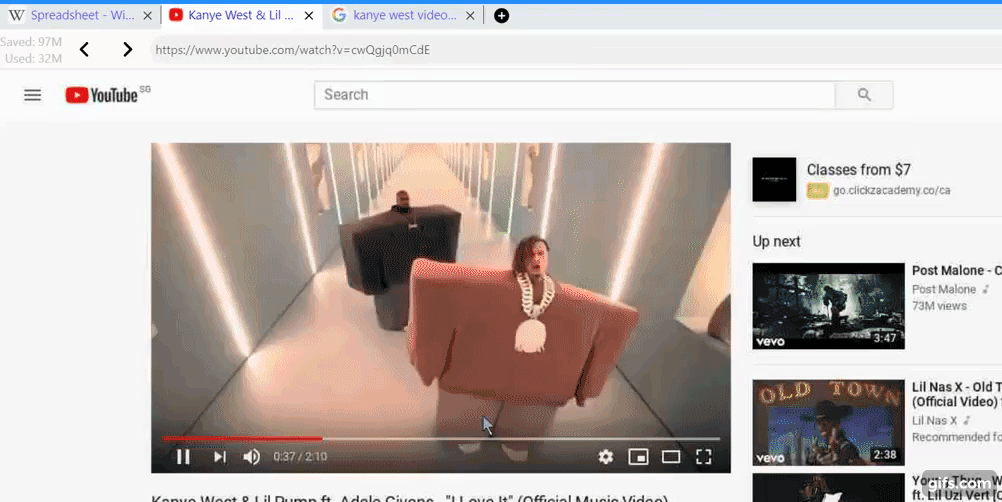Play with a browser running remotely in the cloud, rather than on your own device. Useful for security and automation.
If you're a developer you can include a "BrowserView" in any other web application (for non-commercial use only).
If you're like to deploy this in your org, or for a for-profit project, write me: [email protected] Or keep an eye out for the cloud service, coming soon.
Glone this repo
git clone https://github.com/dosyago/BrowserGap.git
or Install from npm
npm i remoteview
Then run setup_machine.sh in the repository directory.
Or, get it on docker hub, and see instructions below.
Even tho RV uses headless Chrome, it attempts to conceal that fact. Sometimes, a service knows (such as Google, Google always knows). But othertimes the service cannot tell. For some tests of headless, visit the following when using RV:
- Detect headless :heavey_check_mark:
- Are you headless? ✔️
BrowserGap is a platform for live streaming the browser, with full interactivity. It lets you plug in to a local or remote, even a headless browser, and fly it as if it's a normal browser.
You can stream a remote browser with special cusotmizations to your clients to side step the restrictions of regular browsers. You can use it to build rich experiences based on the browser that are not possible using Flash, Browser Extensions or regular Web Driver protocol.
For business enquiries, please contact Cris
Watch the 16 second video, or just watch the GIF below:
BrowserGap is a HTML/CSS/JavaScript "ground control" or "remote control" for a browser. It also looks and works just like a browser, but it runs in your browser and controls another browser.
Try for free at https://free.cloudbrowser.xyz
Or https://hk.cloudbrowser.xyz (if you're in Asia-Pac this is probably faster)
Formerly BrowserGap Community Edition. Currently called BrowserGap, and lets you interactively live-stream a remote browser.
This work is released under an OSS license, and is © Cris Stringfellow. All my own work.
For business inquiries, mail me
Around 30,000 source lines of code (see stats folder)
sudo apt update && sudo apt -y upgrade
sudo apt install -y curl git wget
git clone https://github.com/dosyago/BrowserGap
cd BrowserGap
./setup_machine.sh
npm testOr (using docker build yourself for latest)
sudo apt update && sudo apt -y upgrade
sudo apt install -y curl git wget
git clone https://github.com/dosyago/BrowserGap
cd BrowserGap
./buld_docker.sh
./run_docker.sh Or (using docker pull from hub)
docker pull dosyago/browsergapce:1.0
curl -o chrome.json https://raw.githubusercontent.com/dosyago/BrowserGap/master/chrome.json
sudo su -c "echo 'kernel.unprivileged_userns_clone=1' > /etc/sysctl.d/00-local-userns.conf"
sudo su -c "echo 'net.ipv4.ip_forward=1' > /etc/sysctl.d/01-network-ipv4.conf"
sudo sysctl -p
sudo docker run -d -p 8002:8002 --security-opt seccomp=$(pwd)/chrome.json browsergapce:1.0And visit http://<your ip>:8002 to see it up.
Coming here from Awesome Chrome DevTools?
Take a look at the Zombie Lord connection and Translate Voodoo CRDP.
Just connect your browser to http://localhost:5002 from the machine you run it on.
Just run PPTR on the same machine as this and connect to http://localhost:5002




